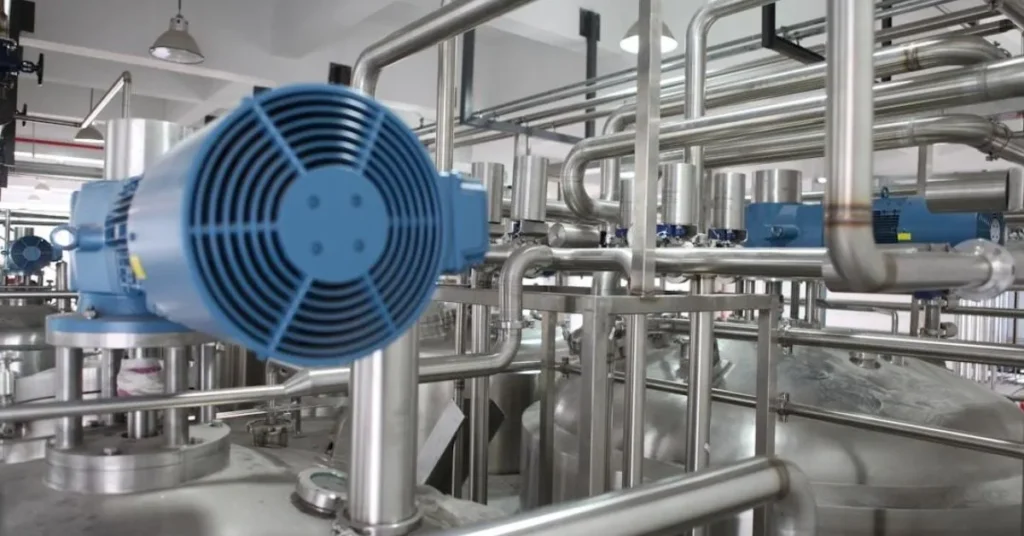Industrial leadership demands constant evolution and adaptation to the ever-changing business landscape. Being an effective industrial leader requires not only a strategic mindset but also the willingness to implement new practices and to lead teams through times of transition. Below, we present key strategies that can help industrial leaders navigate these complex environments and drive their businesses toward sustained growth. Keep reading to discover how to maximize your leadership potential and ensure your industry thrives.

Continuous improvement is the fuel that drives innovation in the industrial sector. Leaders who embed this philosophy into their company’s culture can transform the mindset of their teams. Encouraging every employee to seek out opportunities for improvement builds a dynamic environment characterized by adaptability and proactive problem-solving.
Innovation is not just about coming up with new ideas, but also about executing them effectively. This requires fostering an open forum where employees feel empowered to speak up and share their ideas without fear of judgment. When a workforce is actively engaged in contributing to the company’s success, the potential for innovation greatly increases.
To continuously improve, leaders must be willing to take calculated risks. This entails allocating resources for research and development, as well as being prepared to pivot when an innovative approach does not yield the anticipated results. The pursuit of innovation is iterative, and success often emerges through a series of refinements.
Contents
Strategies for Enhancing Team Productivity and Collaboration
Team productivity hinges upon effective collaboration. Industrial leaders can optimize their team’s output by implementing strategies that promote teamwork and minimize barriers to communication. Structured yet flexible team meetings, for example, provide a platform for discussing goals, progress, and challenges, thereby aligning individual efforts with the team’s objectives.
Technology also plays a crucial role in enhancing collaboration, especially in distributed teams. Tools such as project management software and collaborative platforms can bridge the gap between remote and on-site workers, ensuring that every team member remains connected and informed regardless of their location.
Global supply chain management presents a unique set of challenges for industrial leaders. The complexities of dealing with various international regulations, cultural differences, and logistical hurdles require a strategic approach. Leaders must be adept at foreseeing potential disruptions and agile enough to pivot when circumstances demand it.
Maintaining strong relationships with suppliers is crucial for ensuring the smooth operation of the supply chain. By cultivating these partnerships, leaders can secure better terms, gain insights into market trends, and have more control over the quality and availability of goods. Building a robust network of reliable suppliers is a significant aspect of proactive supply chain management.
Altogether, industrial leadership in the modern era entails a multi-faceted approach. Mastery over technological advancements, fostering a culture of continuous improvement, enhancing team productivity, implementing sustainable practices, and navigating complex supply chains are all part of a leader’s strategic toolkit. Overall, success in this dynamic environment demands not just vision but the capability to act and drive transformative change.

